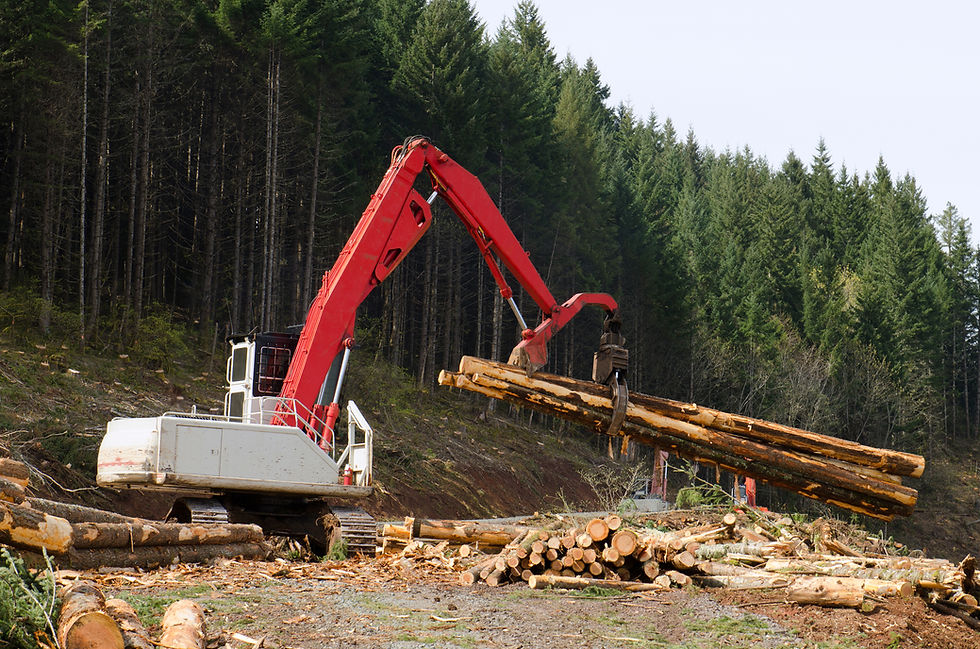Sourcing Sustainable Timber
- Joseph Wainwright
- Apr 30, 2019
- 2 min read
Sourcing sustainable timber is an important step in the manufacture of timber products. As we become more aware of our impact on the environment the responsibility is on businesses to ensure they are making the right choices and taking steps to protect our environment.

What is sustainable timber?
While trees are renewable, forests are not. So it is important that we source timber responsibly. Sustainable timber refers to timber that has been harvested responsibly. This necessitates that when one tree is cut down to be used, another is planted to replace it. However, ‘Sustainable Forestry’ means more than just replacing trees as they are harvested – it also involves ensuring that there is no ecological damage to the surrounding environment or its native flora and fauna.
Australia has one of the best forestry management systems in the world. As little as 6% of Australia’s 147 million hectares of native forests is public forest and timber is only harvested from about 1% of these forests each year.
When selecting timber, one of your first questions should be, ‘Has this timber come from an Australian certified sustainable forest?’ In Australia there are three different forestry certification schemes that aid users of wood and wooden products in knowing the source of the wood they are using. They are:
1) The Australian Forest Certification Scheme (AFCS): This scheme uses the Australian Forestry Standard (AFS) and incorporates a Chain of Custody Standard which tracks timber throughout the supply chain – from forest, through the processing plant, to the trader and then to the customer. This assures consumers that the products are from forests that are managed reliably and responsibly.
For more info visit: www.forestrystandard.org.au
2) Programme for Endorsement of Forest Certification (PEFC): The PEFC is and international non-profit, non-governmental, umbrella organization dedicated to promoting Sustainable Forest Management (SFM) through independent third-party certification. It works by endorsing national forest certification systems and tailoring them to local priorities and conditions.
For more information visit: www.pefc.org
3) The Forest Stewardship Council (FSC): This uses internationally agreed FSC Principles of Responsible Forest Management to issue a certificate for any forestry operation that meets their requirements.
For more information visit: www.fscaustralia.org.

Wellington Architectural Timber Suppliers
Wellington Architectural sources all of our timber from two suppliers, Timberwood Panels and Timbeck Architectural.


Timberwood Panels is certified to FSC® (Forestry Stewardship Council) Standards and PEFC (Programme for the Endorsement of Forest Certification). Responsible forestry and use of forest resources, waste minimisation and pollution prevention are the principles underpinning Timberwood Panel’s environmental policy. Timberwood Panels is certified to maintain the chain of custody in the manufacturing of FSC® certified products and are committed to managing their entire operations in an environmentally responsible manner to ensure the protection of the environment for this and future generations.
Timbeck Architectural has formalised its commitment to sustainability with FSC® Chain of Custody certification. Timbeck’s total production is from sustainable sources, their company and staff are committed to the environmental and sustainability credentials emanating from the forests where their resources originate and are proud to be part of the chain which enables Certified Timber to be enjoyed by all.





Comments